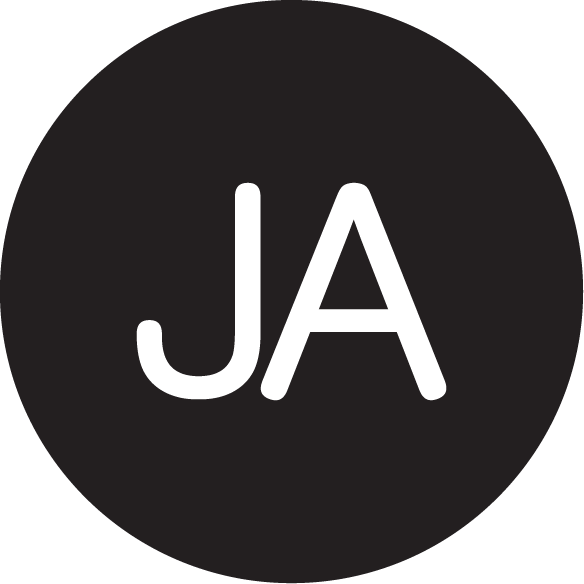How to Create an Equitable Workplace
/Cynthia Louie, Principal, HR & Business Manager, shares about JA’s post-COVID hybrid office in Architectural West Magazine.
JA Principal Cynthia louie gets a helping paw from her yorkshire terrier, soleil
Companies of all sizes and in all industries are navigating their return-to-work plans for a post-COVID future. We’re seeing some companies ask employees to return full-time, with or without proof of vaccination, businesses offering flexibility with a mix of days in the office and working from home, and still other companies moving to a fully remote workplace.
The most prevalent factors in determining the best return-to-work strategy have largely been the impact on productivity and collaboration capabilities. At Johnston Architects (JA), we determined that the most significant factor was finding an equitable solution that considered the health, wellness, and happiness of each and every person on our team.
When we say equitable, we mean a solution that works for every one of our employees. They are individuals who want to be active daily and explore the great outdoors, parents who care for small children as well as aging elders, employees who choose to work part-time so their partners can pursue careers and they can spend more time with their children, and those who prefer to live in a small town without the bustle of urban life and a lengthy commute.
“When we say equitable, we mean a solution that works for every one of our employees.”
To accomplish this, we led an internal task force to anonymously survey our employees on personal and professional needs and non-negotiables. This diligent plunge into deeply understanding our employees on both a personal and professional level led us to redefine our workplace to align with our people-first culture in an equitable way that met everyone’s unique needs.
“Established at the firm’s inception, JA’s people-first culture already included flexible work hours, an internal mentorship program, and the firm’s pursuit of the JUST label.”
It required a combination of great design, something we’re known for, and an emphasis on technology, innovation, and employee wellness. Our plan embraces strengthening our people-first culture. Established at the firm’s inception, JA’s people-first culture already included flexible work hours, an internal mentorship program, and the firm’s pursuit of the JUST label. But with the 30-person firm suddenly working remotely, leadership dedicated resources to new technologies and innovation that allows people to work from anywhere with ease. These technologies include: upgrading our company servers with more robust VPN hardware and synchronous internet service for increased server load; additional licenses for cloud-based collaborative software; installing high-speed fiber internet in our office building; and purchasing company laptops and moving hardware like monitors and docking stations from the office into homes for all employees who work remotely.
JA’s plan also embraces providing a more future-forward workplace design infused with the best of our office, hospitality, community, and residential design expertise. This included adding living room-inspired flex spaces for relaxing, quick yoga breaks and team bonding. We have five permanent workspaces for those who want to come in daily, as well as 15 desks for team members who drop in less often. In a later phase, we are also adding one executive office for the full leadership team to use as required, removing the need for personal offices for these team members.
JA’s plan also embraces providing a more future-forward workplace design infused with the best of our office, hospitality, community, and residential design expertise.
The plan also embraces putting capital, previously used for office space, back into employee wellness and supporting the financial health and growth of the firm. This included a renewed look at flex work hours and locations, as well as a concerted effort to strengthen personal connections between leadership and employees while working remotely.
Taking a page from JA’s internal mentorship program, principals have established bi-weekly check in meetings with all employees. These 15-minute Zoom calls are a chance to touch base about stressors outside of projects, and to address personal concerns arising during the pandemic. These topics include parents struggling with virtual learning for their children, employees dealing with isolation and anxiety during the height of the pandemic, individuals struggling with boundaries when work and home become one, and much more.
Our relationships with our people are the foundation of our success.
Our relationships with our people are the foundation of our success. For the 30 years we’ve been in business, and the next 30+ years, this will be a consistent driver in our decision-making, growth, and the work we choose to do. While many companies, including architecture firms, look at productivity and collaboration, as well as client perception, to guide their decisions like return-to-work plans, we will always prioritize the needs of our people.
Our return-to-work plan demonstrates this, choosing a path of flexibility, compassion, and equity that deeply reflects our company values and prepares us for an unknown future. By putting our people first in a way that honors and celebrates the individuality in each person, we will easily adapt.


